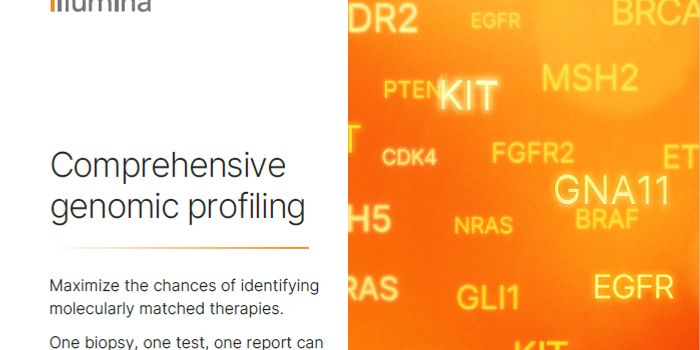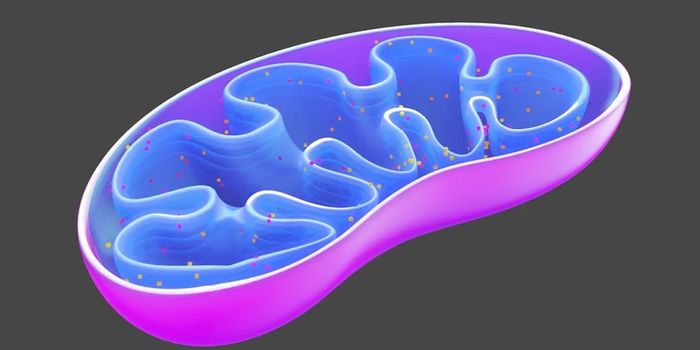Mining 'Junk' DNA for New Cancer Therapeutics
There are about 20,000 genes in the human genome that code for proteins, which are essential to the form and function of our physiology. But those coding regions only make up about two percent of the genome. Once dismissed as 'junk,' researchers are now learning more about the vast, noncoding regions of the genome. Researchers have now found new targets for the treatment of cancer within these areas by using cutting edge genomic sequencing techniques, which have helped them learn more about the regulatory purposes they serve. The findings have been reported in Cancer Cell.
Researcher Dr. Mathieu Lupien, Senior Scientist, Princess Margaret Cancer Centre, knew that these non-coding regions served a purpose, and has devoted his work to learn more about them. "We are exploring uncharted territory," Lupien said. "Our goal is to conquer cancer in our lifetime. We have to look everywhere including the darkest parts of the genome of cancer cells for that hidden gold."
Dr. Lupien led an international team of scientists and clinicians in the analysis of 270,000 mutations that were found in primary prostate tumors. The researchers learned that these genetic errors appear in certain noncoding regions that impact proteins that help control whether gene expression is turned on or off. These proteins, dubbed "the maestro of the cell" by Lupien, can stop prostate cancer cells from growing, which makes them good targets for therapeutics.
This opens up new avenues in cancer therapy, and capitalizes on the data gathered from their analysis of the mutations in both coding and noncoding areas, he said. "Just imagine the possibilities the noncoding genome opens up," he continued.
Noncoding regions have been increasingly recognized for their influence on not only gene expression, but also disease. Lupien explained that millions of switches that affect gene expression are contained in these portions of the genome, and can impact different types of cells throughout the body.
"Now we can start connecting these genetic switches to cancer development to get a more precise understanding of how disease begins and how we can treat it," he added.
Expanding what we know about biomarkers can help improve precision medicine, said Lupien. "The inclusion of the noncoding genome in our analysis is a leap in the right direction to achieve our goal," he concluded.
Sources: AAAS/Eurekalert! via University Health Network, Cancer Cell









